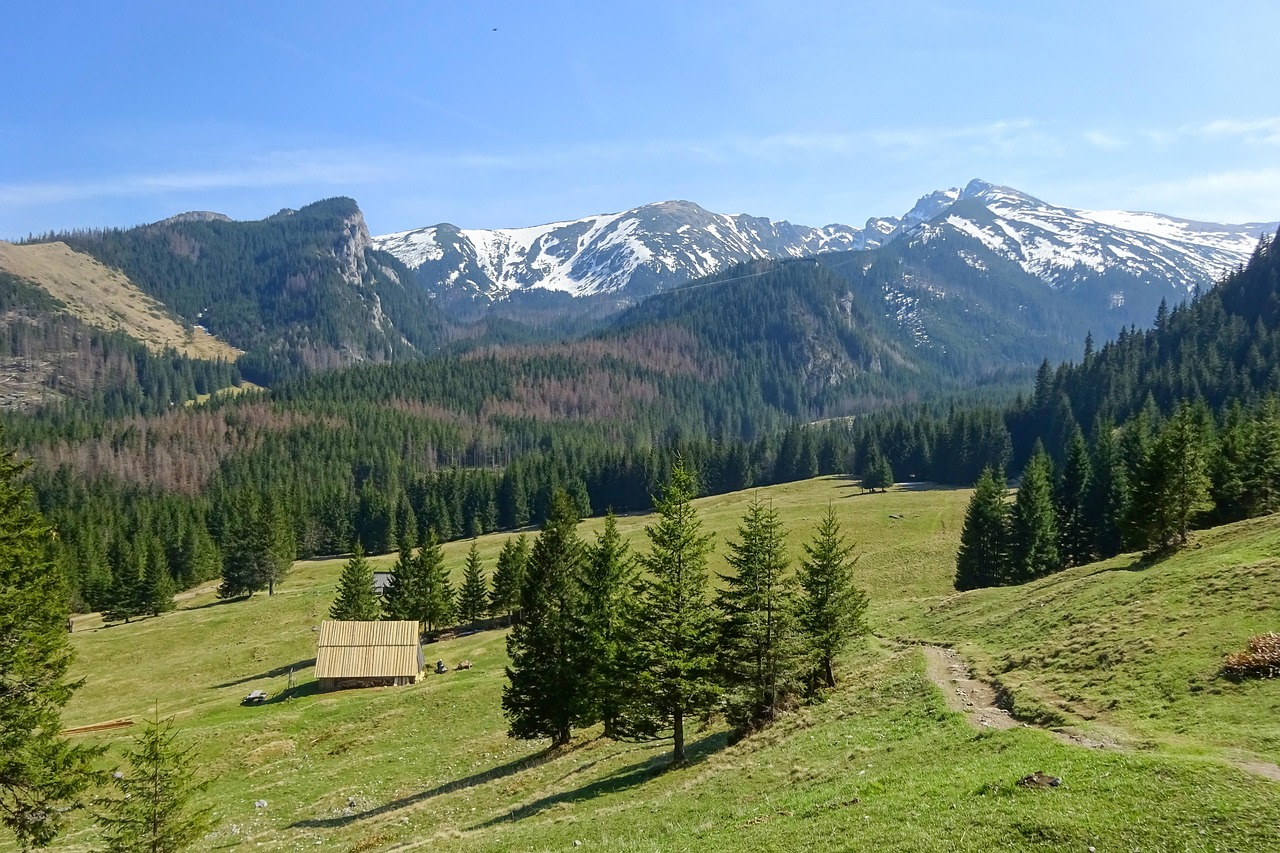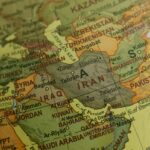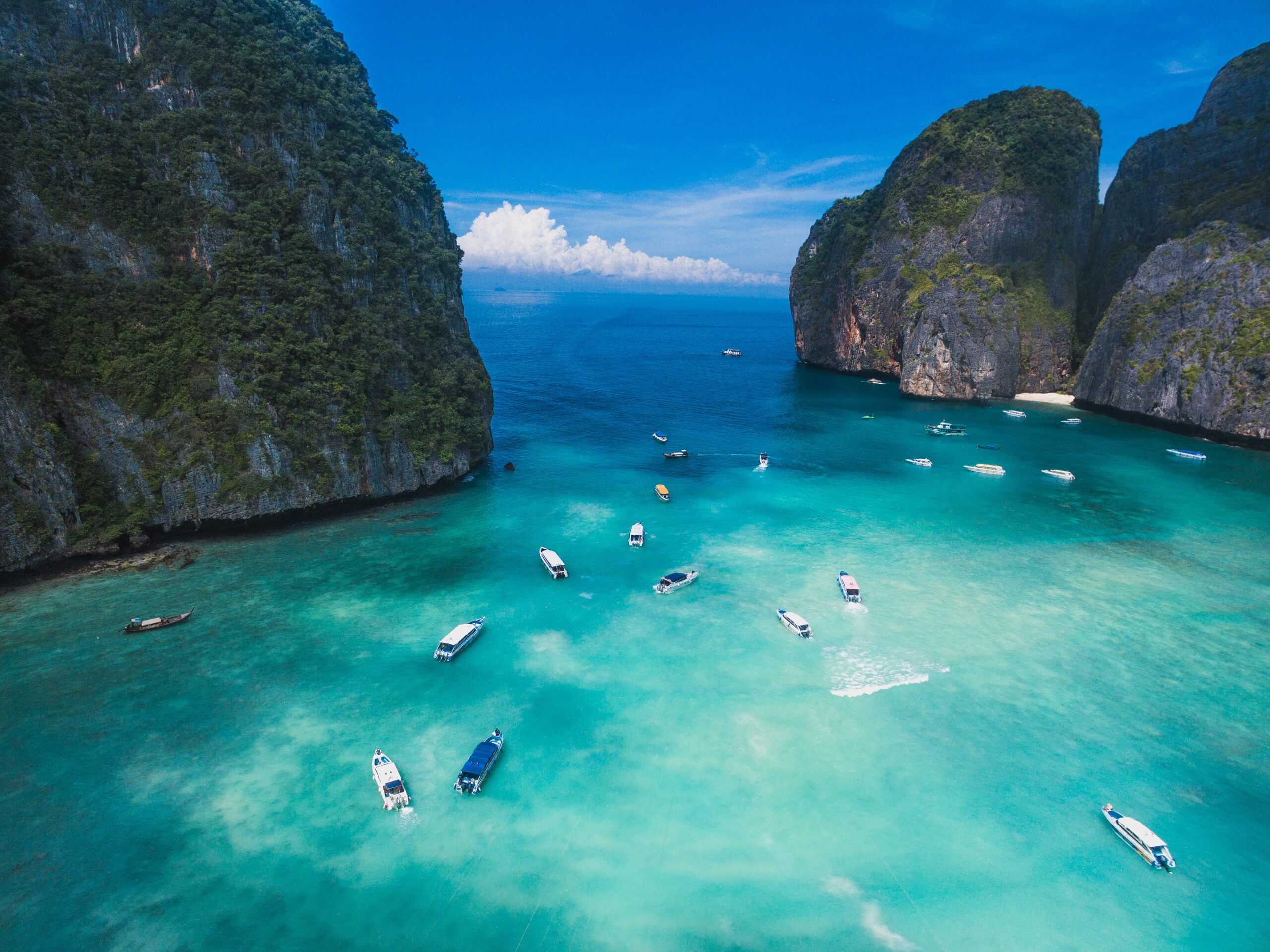Tourism in Kashmir Gravely Affected Amidst Rising Tensions
Srinagar, April 25, 2025: The picturesque valleys of Kashmir, once teeming with tourists, now wear a deserted look as escalating tensions and a recent terror attack have severely disrupted the tourism sector, a crucial lifeline for the region’s economy. The tragic incident on Tuesday in Pahalgam, where suspected militants killed at least 26 people, mostly tourists, has triggered widespread fear and an exodus of visitors, casting a long shadow over the peak tourist season.
Deadliest Attack in Years: The Pahalgam attack is the deadliest targeting civilians in the region in over two decades. The Resistance Front (TRF), a relatively unknown group, claimed responsibility, alleging that the victims were not ordinary tourists but had links to Indian security agencies – a claim that remains unverified. This incident marks a shift as, in recent years, attacks by insurgents demanding Kashmir’s secession from India had largely spared tourists.
Mass Exodus and Economic Fallout: Following the attack, thousands of tourists, gripped by fear, have been scrambling to leave Kashmir. Airlines have been instructed to assist with the unexpected surge in demand for flights, and cancellation/rescheduling fees have been waived. Hoteliers and guesthouse owners report near-total cancellations, devastating their businesses at the peak of the season (April-October).
Mushtaq Ahmad, a restaurant owner in Pahalgam, lamented, “We are condemned forever. I don’t think the industry will recover now.” Arshad Ahmad, a hotelier who had all 20 of his rooms booked for the coming month, watched his guests leave in fear overnight. Industry insiders estimate that almost 90% of bookings in the region have been cancelled.
The economic consequences are far-reaching. Tourism contributes significantly to Jammu and Kashmir’s Gross State Domestic Product (GSDP), estimated to be between ₹18,500 and ₹21,200 crore annually. The ambitious goal to double this share in the next few years now faces a severe setback. The cancellations are expected to impact not only hotels and houseboats but also ancillary sectors like transport, handicrafts, and local businesses that rely on tourist footfall. Concerns are rising about potential loan defaults and a halt in tourism-related infrastructure projects.
Heightened Security and Cross-Border Implications: In the aftermath of the attack, security has been significantly beefed up across the Kashmir Valley. Joint combing operations by the army, paramilitary forces, and local police are underway to apprehend the perpetrators. Checkpoints have increased, and surveillance has been intensified in sensitive areas and tourist hotspots.
The incident has also exacerbated tensions between India and Pakistan. India has accused Pakistan of supporting cross-border terrorism, a charge Islamabad denies. In a strong response, India has unilaterally suspended the Indus Waters Treaty, a decades-old agreement on water sharing, citing Pakistan’s alleged role in fostering terrorism that impedes India’s treaty rights. The integrated check post at Attari has also been closed, and diplomatic ties have been downgraded. Pakistan has retaliated by suspending all trade with India and closing its airspace to Indian-owned or operated airlines, further isolating the region.
Local Reactions and Future Uncertainty: Locals in Kashmir have widely condemned the attack, with protests held in various districts. Many residents and hoteliers have offered free lodging and waived cancellation fees for stranded tourists, showcasing their dismay and solidarity.
The attack has shattered the narrative of a “normalising Kashmir” that had seen a record 2.36 crore tourist arrivals in 2024. The deliberate targeting of tourists, a rarity in recent years, has created an atmosphere of fear and uncertainty, jeopardizing the livelihoods of countless people dependent on the tourism industry.
While authorities have assured efforts to bring the perpetrators to justice and restore normalcy, the immediate future of Kashmir’s tourism sector looks bleak. The road to rebuilding trust and reviving the flow of visitors will be long and arduous, hinging on a significant improvement in the security situation and a de-escalation of regional tensions




